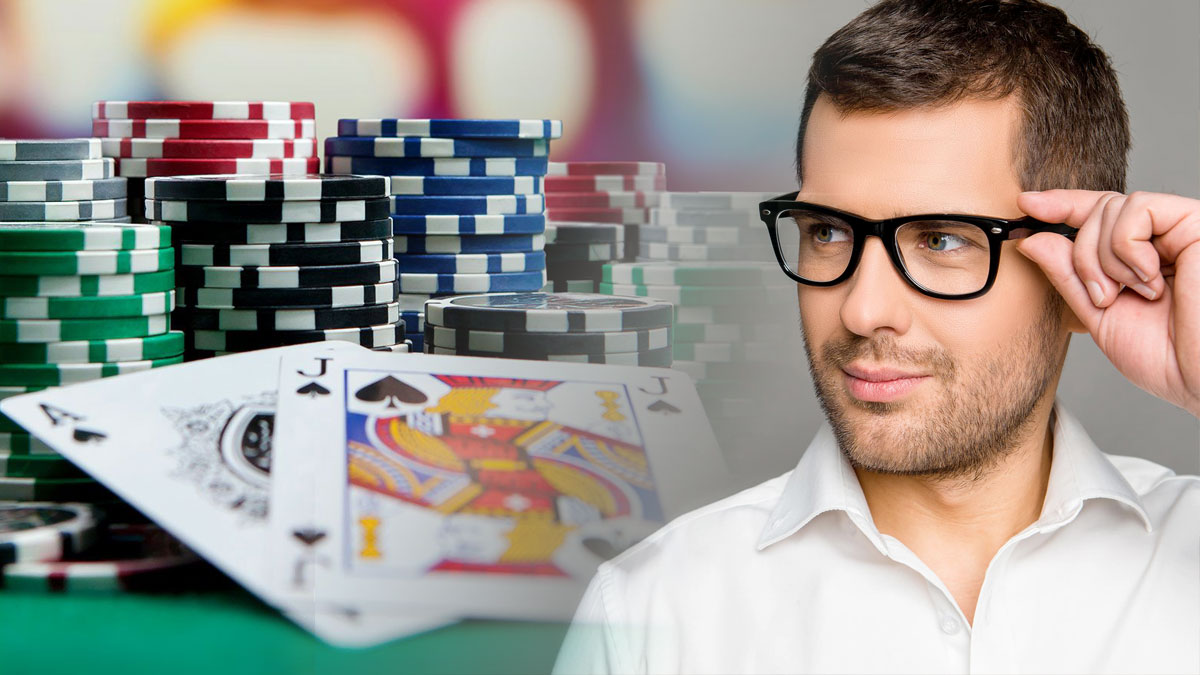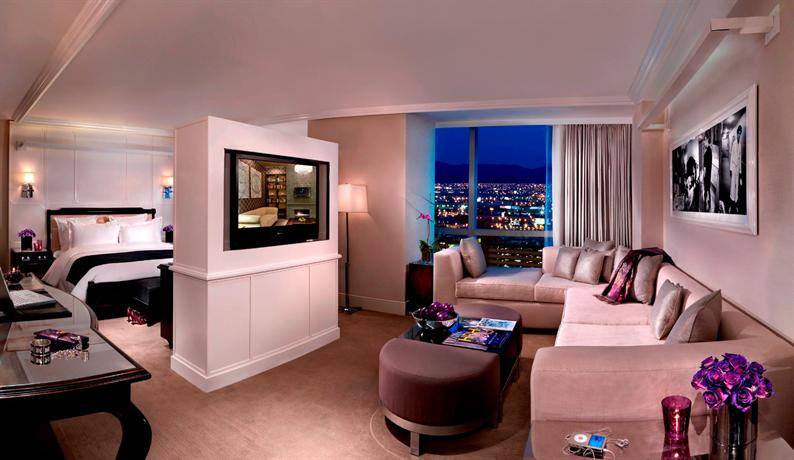Be Good At Blackjack
One of the best rules in blackjack is the 3 to 2 payout when you get an ace and a ten on your initial hand. This is called a “natural” or a “blackjack”. But you’ll find more casinos than everoffering games where the payout for this hand is only 6 to 5.
Here’s how that works:

- If you could find a blackjack game that allowed $1.25 bets, you would not need a bankroll this large to play the game. Assuming you played 100 hands per hour and the house had ½% advantage, on average it would take you about 16,000 hours to lose $10,000 at this level of play.
- Blackjack is actually one of the most popular games in the casino and also has some of the lowest odds of all the casino games, except casino craps of course. Generally their edge ranges from 1% to 15% depending on what variation of blackjack you are playing.
In a normal blackjack game, you bet $100. You get a natural. Your payout is $150.
How To Be Good At Blackjack
Blackjack is famous for the fact that you can win long-term profits by becoming a successful card counter. And if you aspire to be an advantage player, then you’ll certainly be good at blackjack. Iwon’t guarantee that you’ll be good at card counting. After all, you have the following factors to consider.
In a 6/5 blackjack, you bet $100. You get a natural. Your payout is only $120.
How To Be Good At Blackjack
Casinos offer other rule changes that favor the player in exchange for the reduced payout, but these rules are never good enough to account for that lower payoff on a natural.
Here are some examples of those favorable rules:
- Single deck game
- Dealer stands on soft 17
- Player can double after splitting
- Player can double on any 2 cards
These rule changes do have an effect on the house edge. A single deck game has a house edge 0.61% better than a single deck game. The dealer standing on soft 17 instead of hitting has a houseedge of 0.2% better. Being able to double after splitting is good for almost 0.15%. Being able to double on any two cards is worth about 0.2%, too.
In fact, if you combine all the rules variations I listed, you’ll get a net gain of 1.2%, which is significant.

Here’s the problem, though:


6/5 blackjack gives the house an extra 1.35% edge.
And most casinos don’t give you ALL the good rules. They just give you enough good rules to convince you to try their 6/5 game.
Don’t do it. Even if you’re an excellent card counter, overcoming that extra 1.35% is tough.
Want to know how much that would actually cost you?
Assume an average 3/2 blackjack game offers the house an edge 1%. The 6/5 version has a house edge of 2.35%, instead.
Assume 60 hands per hour at $10 per hand. That’s $600 in action per hour.
You’ll lose, on average, $6 per hour playing the standard game.

But if you play 6/5 instead, you’ll lose an average of $14.10 per hour.
Just say no to 6/5 blackjack. If enough players refuse to play, the casinos might stop offering it.